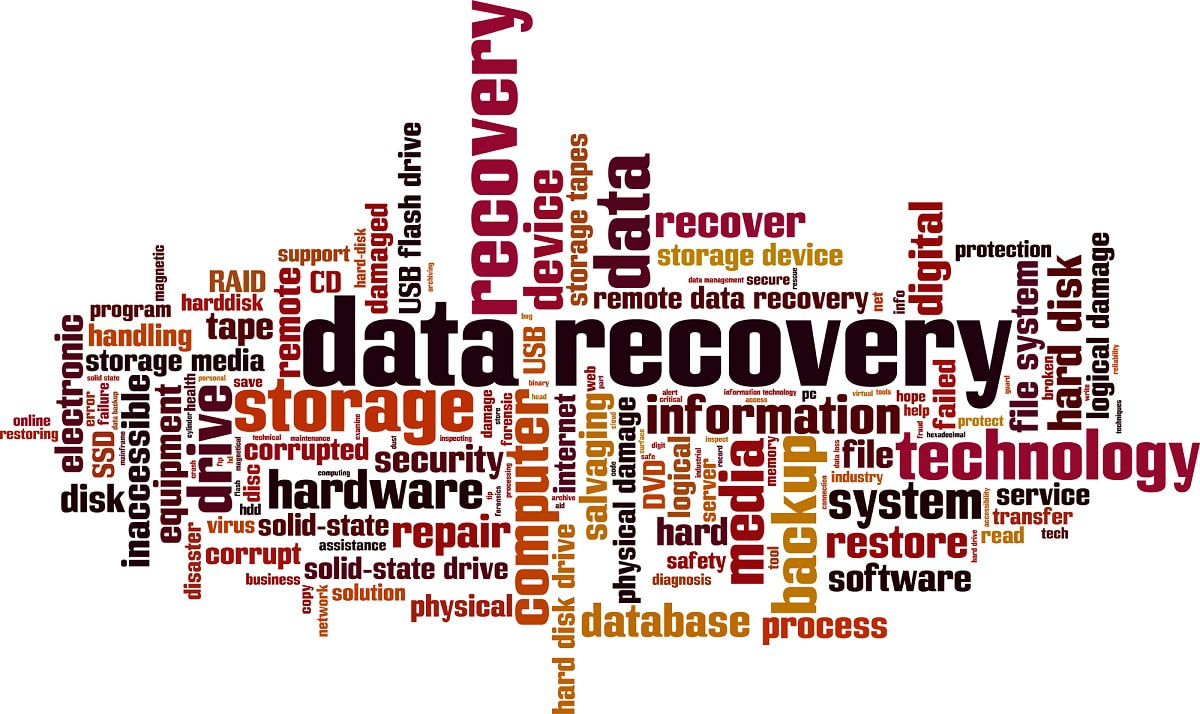|
In recent years, there has been a great push for computer users to utilize the cloud. Individuals and businesses alike have been presented with the benefits of hiring a cloud provider to handle the data that they collect and store. While the push to migrate company network systems to cloud based technology is steadily increasing, it is essential that the small business owner understands both the advantages and the drawbacks prior to making a decision to make this monumental move. By understanding both the pros and cons, the business owner can protect themselves and the consumers that they support. To that end, here’s some essential things that these owners should know about these services and how they will relate to various compliance issues.
HIPAA The type of business that an individual runs will often determine what kind of compliance issues that they must adhere to. Therefore, business owners must do their research well in advance before deciding to move their systems to a cloud based solution. Even though there is a cost factor that is very attractive for saving money on purchasing additional computers and servers, it should not be done at the risks of compromising the security of the data that they are responsible for. For instance, HIPAA laws are very strict about patient information and how it is collected, retrieved, viewed and stored. In fact, only people who have a need to know can see patient information and it cannot be released with the appropriate authorization. With this being the case, small business owners who support medical and patient related activities will need to be aware of cloud based solutions and how they impact compliance issues that regulate to their business. For instance, if the data that they keep is not completely secure in the hands of the cloud based provider that they select, they may have to pay millions of dollars in fines if the data is accessed by unauthorized individuals PCI DSS Another compliance issue that small business owners should be aware of involves PCI DSS (Payment Card Industry Data Security Standard). Protecting credit card data from consumer collection to retail storage can also be challenge that can affect the company as well. In this case, a small retail businesses can have a difficult time protecting their consumers credit card information even when their servers are onsite. So, for those of you who may be considering a cloud based solution that involves storing data in another city, state or etc., it is important to note that the business may experience equal problems and more if the small business owner does not find a secure cloud based provider that can protect their client’s information and identity. Though there are many different attractive benefits to moving business network systems to the cloud, there are some major drawbacks that must be considered too. One of the most notable involves costly compliance issues that must be addressed to avoid unnecessary risks. To that end, before businesses owners begin these major moves, they must know how it will impact HIPPA and PCI DSS compliance.
0 Comments
Leave a Reply. |

 RSS Feed
RSS Feed
